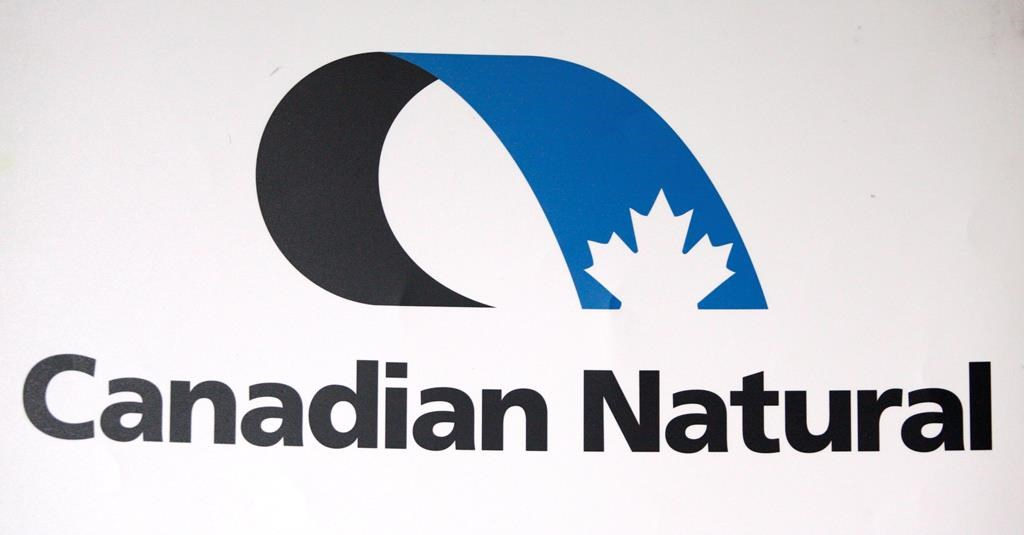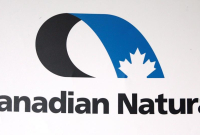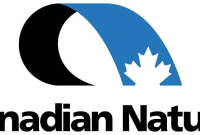Support strong Canadian climate journalism for 2025
Cost-saving synergies from its $3.8-billion purchase of the Canadian heavy oil and oilsands operations of Devon Energy Corp. will likely exceed expectations, Canadian Natural Resources Ltd. said on Thursday.
The Calgary-based company said initially it expected to realize $135 million in annual savings by merging the Oklahoma City-based company's northern Alberta assets with its own, but president Tim McKay said more opportunities have been identified since the deal closed on June 27.
"Our teams were out in the field essentially the next day after the deal closed," he said on a conference call to discuss second-quarter results.
"From our perspective, we see capturing that $135 million. I would say it's very conservative at this time and, as we dig into the assets, we always find more opportunities."
By the end of September, the company will close down a heavy oil processing battery that's no longer needed and put some of Devon's northern Alberta heavy oil production into a Canadian Natural-owned pipeline to reduce trucking costs, he said.
There are also savings to be realized in changing how water is handled at Devon's Jackfish thermal oilsands operations, located near Canadian Natural's similar Kirby North and Kirby South projects, McKay said.
Canadian Natural reported net earnings for the three-month period ended June 30 of $2.8 billion — a number swollen by its declaration of $1.6 billion in deferred tax liability thanks to the Alberta corporate tax rate being cut from 12 per cent to eight per cent by 2022.
Last week, major oilsands rivals Suncor Energy Inc., Husky Energy Inc. and Cenovus Energy Inc. added a combined $2 billion to their second quarter net income reports for the same reason.
"From a macro perspective, it does help the companies, it helps them be more profitable, it helps us create more jobs, invest into technology, reduce our greenhouse (gas) footprint," said McKay in an interview.
The savings won't result in the company immediately increasing spending on growth projects, he added.
On an adjusted basis, Canadian Natural's quarterly earnings for the second quarter amounted to $1.04 billion or 87 cents per diluted share, down from $1.28 billion or $1.04 a year earlier.
Analysts on average had expected an adjusted profit of 85 cents per diluted share and net income of $1.049 billion, according to the financial markets data firm Refinitiv.
Canadian Natural shares fell by as much as five per cent to $31.73 on the Toronto Stock Exchange Thursday, mirroring a similar drop in the S&P/TSX Capped Energy Index as U.S. benchmark oil prices drifted lower.
Production averaged 1.025 million barrels of oil equivalent per day in the second quarter, Canadian Natural reported, down from 1.05 million boe/d a year earlier, as the company juggled maintenance schedules at its oil-producing operations to maximize how much it can market under the Alberta government's crude curtailment program.
Canadian Natural said it is shipping about 14,000 barrels per day of its oil by rail, the same as reported in the first quarter.
Market access issues are getting "less and less blurry," McKay said in response to a question on the call, thanks to the recent approval of the Trans Mountain pipeline expansion and incremental expansions of other existing pipelines.
He reiterated that Canadian Natural is talking to the Alberta government about taking over some of its 120,000 bpd in rail contracts, a process expected to wrap up later this month, but wouldn't say if it had bid to take any of that capacity.
Company vice-chairman Steve Laut said he has had some positive feedback from the full-page newspaper ads Canadian Natural, MEG Energy Corp. and Cenovus ran nationally on Thursday, which extolled environmentally friendly advances in the oilsands.
The point of the campaign is to educate voters, not politicians, ahead of the fall federal election, he said.





Comments